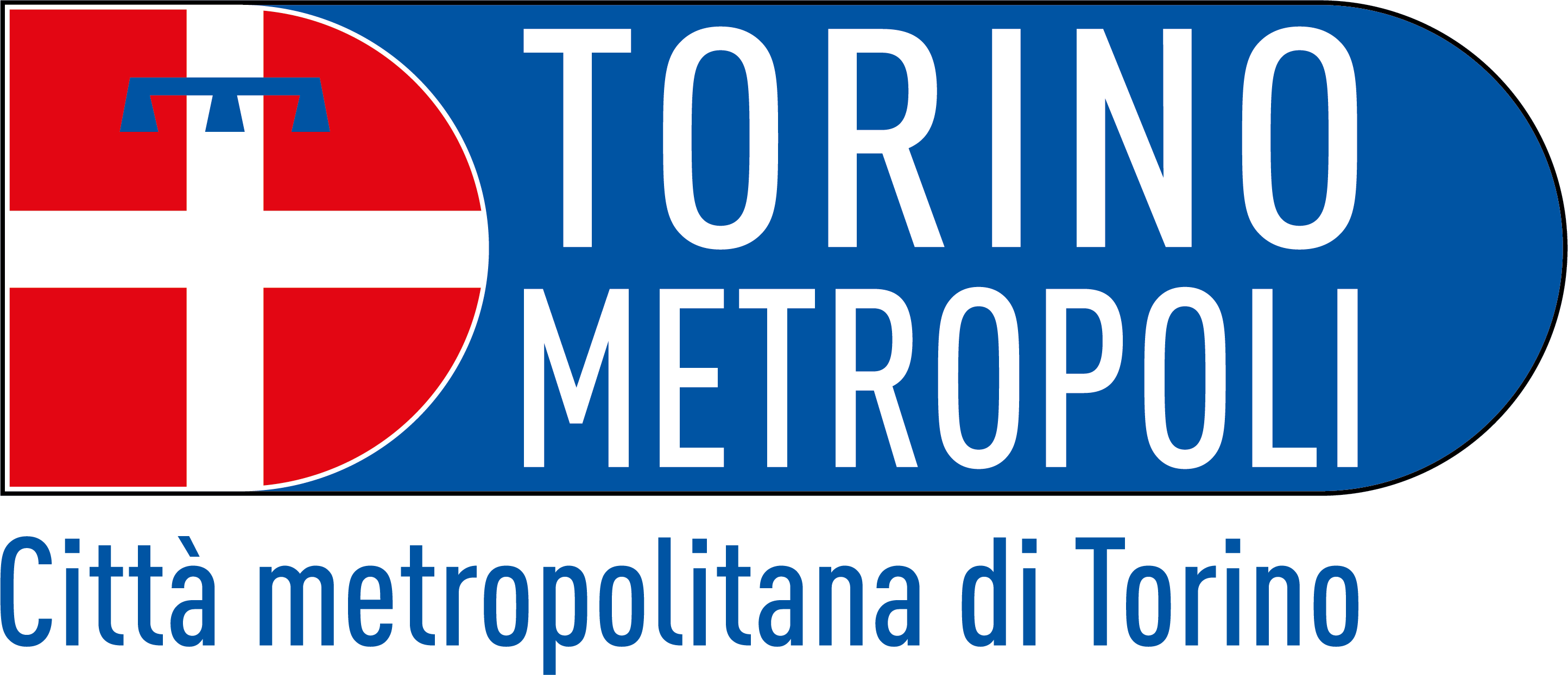Over time, waste management has become increasingly complex and burdensome, both in socio-environmental and economic terms, and today represents one of the major problems that the company is facing on a daily basis.
Over the years, the European Union has issued various laws, dedicated to the topic: among these, Directive 2008/98 (and subsequent additions) which establishes a legal framework for waste treatment in the Union. Among the key points of the legislation is the indication to follow, in the integrated management of the waste cycle, the criterion of the so-called "Waste hierarchy" (1), which puts reduction first, followed by re-use and recycling, from the recovery and finally from the disposal.
The reduction of waste production is therefore the main priority identified by the legislation: in fact, although complete elimination of waste is not possible, it is essential to reduce production as much as possible, promoting a new model of development and sustainable consumption.
Urban waste reduction policies involve both central and local authorities as well as citizens who, through small daily gestures, can make a big difference. How can you consume consciously? Find out by reading the "Reduction Rules" page.
If, on the other hand, you are interested in finding out where the shops are, where you can make your purchases, look at the Reduced and reuse points.
Note
1 According to the principle of the "Waste treatment hierarchy", the European Commission has established that the correct management of waste must respect a precise hierarchy of actions, which follows an order dictated by the level of priority and environmental sustainability (in art. 179 to paragraph 1 of Legislative Decree 152/2006).
